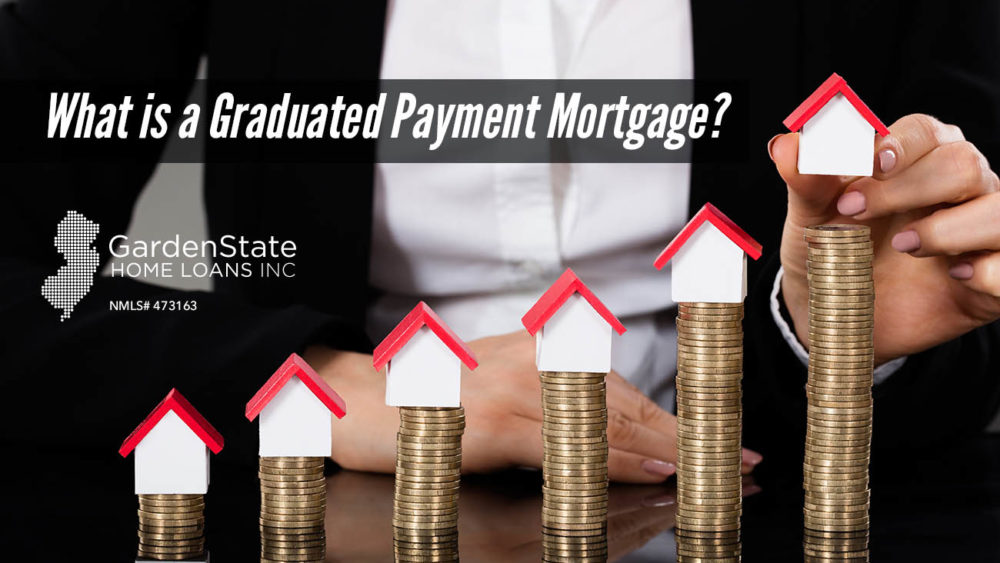Graduated Payment Mortgage
A graduated payment mortgage (GPM) is meant for people who aren’t able to afford large monthly payments right away, but will be able to in the future. The mortgage loan starts out with low initial payments. Gradually, they increase by a percentage each year until it levels out to a fixed percentage. GPMs are available in 15- and 30-year loans and any Federal Housing Administration (FHA) lenders can offer them.
What is negative amortization?
A graduated payment mortgage operated under the assumption that borrowers know they will have to make larger payments in the future due to the low initial costs. However, the initial payments do no cover the interest. Negative amortization is the difference between what the borrower initially pays and the actual interest on the loan. For this reason, graduated payment mortgages usually cost more than a conventional mortgage.
Who can get a graduated payment mortgage?
GPMs are available to anyone who anticipates their earnings to substantially increase over the next five to ten years. Graduated payment mortgages must be used for primary residences.
Pros of GPMs
There are many advantages of having a graduated payment mortgages. A couple of the most notable include:
- Graduated payment mortgages are attractive to young families. This is because GPMs give you the opportunity to become a homeowner earlier than you can with some conventional mortgages.
- The low initial mortgage payments give you time to save money.
- If you have no plans on leaving your career field and have a stable job with a clear path upward, GPMs are a great choice.
Cons of GPMs
As with anything, graduated payment mortgages have disadvantages as well. A couple of the most notable include:
- Because of the rising mortgage payments, you have to budget accordingly and be sure that you can afford the increasingly higher payments. This means you will have to predict how much you will be earning in the future to determine if you can afford them.
- A GPM’s total costs typically are more than a conventional mortgage. This means that you can end up paying a lot more than you would have with a conventional mortgage.
- Changing careers or your job (or losing your job) is risky while your payment rises. If your income changes for the worse, you could find yourself in financial trouble.


Comments are closed.